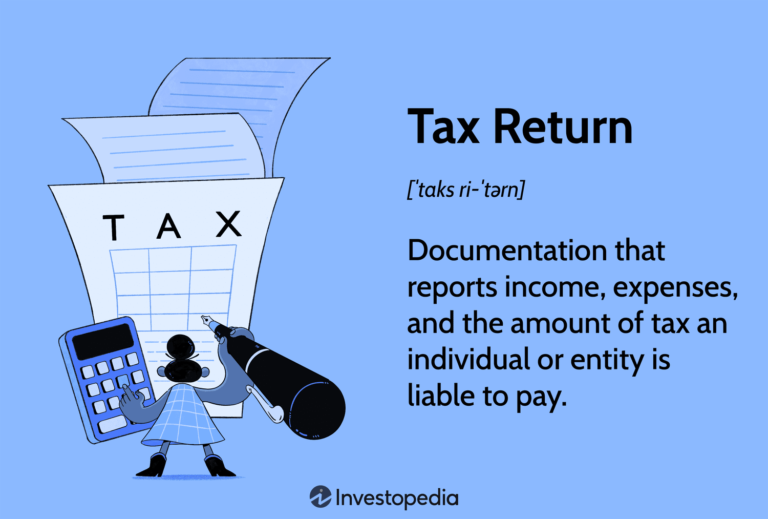What are the Advantages And Disadvantages of the Market Economy: A Comprehensive Analysis
The market economy offers advantages such as wealth distribution, reduced inequality, low unemployment, and maximized social welfare. However, it also presents disadvantages including limited freedom, competition, innovation, and incentives for hard work.
The market economy, while promoting fair competition, innovation, and efficiency, can lead to intense competition, poor working conditions, environmental degradation, and economic disparities. This economic system encourages innovation and efficient resource allocation, yet it also prioritizes profits over equality and may result in market failures.
To understand the implications of a market economy, it is critical to examine its inherent advantages and disadvantages comprehensively.

Credit: www.geeksforgeeks.org
Advantages Of A Market Economy
A market economy is a type of economic system that allows individuals and businesses to make their own economic decisions based on supply and demand. Unlike other economic systems, such as a centrally planned economy, a market economy offers several advantages that contribute to its success and popularity.
Increased Efficiency
One of the key advantages of a market economy is increased efficiency. In a market economy, resources are allocated based on market demand and price signals. This means that producers will focus on goods and services that are in high demand, leading to the efficient allocation of resources.
For example, if there is a high demand for smartphones, businesses will invest in research and development to improve smartphone technology and meet consumer needs. This increased efficiency ultimately leads to lower production costs and higher overall productivity.
Productivity
In a market economy, the competition among producers drives productivity. Businesses must constantly innovate and improve their products in order to stay ahead of their competitors and attract consumers. This competitive environment encourages businesses to invest in new technologies and processes, which ultimately leads to increased productivity.
Increased productivity not only benefits businesses by allowing them to produce more goods and services with the same amount of resources, but it also benefits consumers by providing them with a wider variety of products to choose from at competitive prices.
Innovation
Market economies are known for fostering innovation. The competitive nature of the market encourages businesses to constantly innovate and develop new products and services to meet consumer needs. Without the constraints of a centrally planned economy, businesses are free to take risks and experiment with new ideas.
This culture of innovation is essential for economic growth and technological advancements. It drives progress in various industries, from technology to healthcare to transportation, leading to improved quality of life and economic prosperity.
Fair Competition
In a market economy, fair competition is a fundamental principle. There are no barriers to entry, meaning that anyone can start a business and compete in the market. This competition is what drives businesses to constantly improve and offer better products and services to consumers.
Fair competition also ensures that consumers have choices and are not limited to a few options. This promotes consumer sovereignty, where consumers have the power to choose products and services based on their preferences and needs.
In conclusion, a market economy offers several advantages, including increased efficiency, productivity, innovation, and fair competition. These advantages contribute to economic growth, improved standards of living, and overall prosperity.
:max_bytes(150000):strip_icc()/comparative-advantage-4199071-04ccb37cbf71441ea5264d2c07a48fab.png)
Credit: www.investopedia.com
Disadvantages Of A Market Economy
While a market economy offers numerous benefits, it also comes with several drawbacks that can have adverse effects on individuals and the environment.
Intense Competition
In a market economy, competition can become intense, forcing businesses to prioritize profits over the well-being of their employees and communities. The relentless pursuit of market dominance can lead to unethical business practices, exploitation of workers, and a disregard for quality and safety standards.
Poor Working Conditions
The emphasis on profit in a market economy can result in poor working conditions. Companies may cut corners on employee safety, offer low wages, and resist efforts to improve working conditions in order to maximize their profits, leading to negative impacts on the physical and mental health of workers.
Environmental Degradation
The profit-driven nature of a market economy can lead to environmental degradation, as companies prioritize economic gains over sustainability. The pursuit of growth and profitability often results in the exploitation of natural resources, pollution, and disregard for environmental preservation.
Economic Disparities
In a market economy, economic disparities can widen as a result of unequal access to resources. The competitive environment can favor large corporations over small businesses and lead to income inequality, creating social and economic divides within societies.
Advantages Of Central Market Economy
In a central market economy, there are several advantages that contribute to the overall economic welfare of the society. These include the equal distribution of wealth, reduced inequality, low unemployment rate, and maximized social welfare. Let’s examine these advantages in detail.
Equal Distribution Of Wealth
One of the key advantages of a central market economy is the equal distribution of wealth among the population. This ensures that resources and opportunities are fairly allocated, leading to a more balanced distribution of income and assets.
Reduced Inequality
In a central market economy, the reduced inequality is a significant advantage. By promoting initiatives that aim to decrease the wealth gap between the rich and the poor, this economic system fosters a more equitable society, where individuals have a more equal chance to succeed.
Low Unemployment Rate
The low unemployment rate in a central market economy is advantageous for the overall prosperity of the society. It signifies a healthier job market with ample opportunities, providing individuals with the means to support themselves and contribute to the economy.
Maximized Social Welfare
Another advantage of a central market economy is the maximized social welfare. By prioritizing the well-being of its citizens, this economic system can implement policies and programs that enhance the quality of life for the population, fostering a more content and satisfied society.
Disadvantages Of Central Market Economy
Maintaining a central market economy certainly has its drawbacks. While there are numerous advantages to this economic system, there are also several significant disadvantages to consider. These disadvantages can have an impact on various aspects of society, from individual freedom to economic growth and innovation.
Lack Of Freedom
One of the key disadvantages of a central market economy is the lack of individual freedom it entails. In this type of system, the government holds considerable control over the market, dictating rules and regulations that restrict the free choices of individuals and businesses. This lack of freedom can stifle entrepreneurship and hinder the ability of individuals to pursue their own economic interests.
Lack Of Competition
Central market economies often lack the competitive environment that is essential for driving efficiency and innovation. With limited competition, businesses may have little incentive to improve their products or services, resulting in subpar offerings for consumers. In the absence of competition, the economy may become stagnant and fail to adapt to changing market demands.
Innovation Challenges
Innovation is a vital driver of economic growth and prosperity. However, in a centrally planned market economy, innovation can face significant challenges. The government’s control over various aspects of the economy can stifle creativity and hinder the development of new ideas, products, and technologies. This lack of innovation can limit economic progress and hinder the country’s ability to compete on a global scale.
Lack Of Incentives To Work Hard
In a central market economy, individuals may face reduced incentives to work hard and excel in their endeavors. With limited economic opportunities and lack of upward mobility, individuals may feel discouraged from putting in extra effort or taking risks. This can result in a decline in overall productivity and economic growth.
While there are advantages to a central market economy, these disadvantages demonstrate the importance of carefully considering the potential drawbacks when evaluating this economic system.

Credit: www.strike.money
Conclusion
Overall, the market economy offers several advantages such as increased efficiency, productivity, fair competition, and innovation. However, there are also some disadvantages to consider, including intense competition, poor working conditions, environmental degradation, and economic disparities. Understanding both the pros and cons of the market economy can help individuals make informed decisions about their economic choices and policies.
It is important to weigh these factors carefully in order to create a balanced and sustainable economic system that maximizes the benefits and minimizes the drawbacks for all stakeholders.







